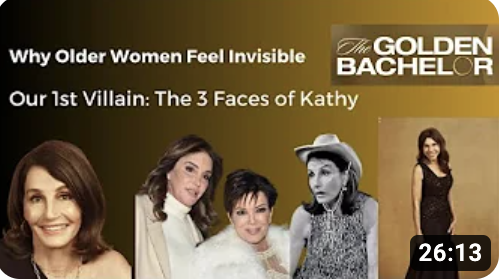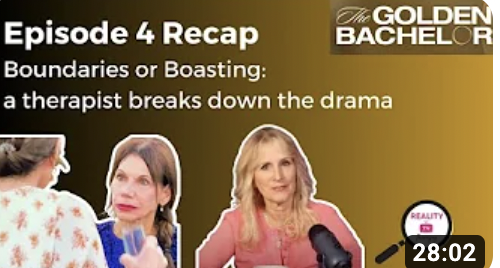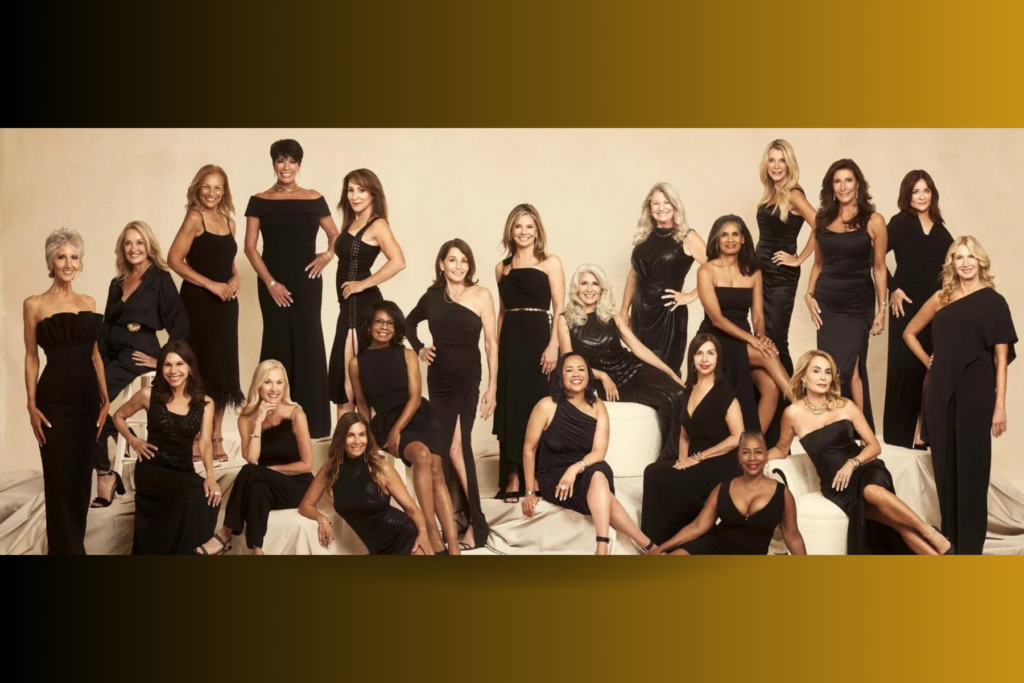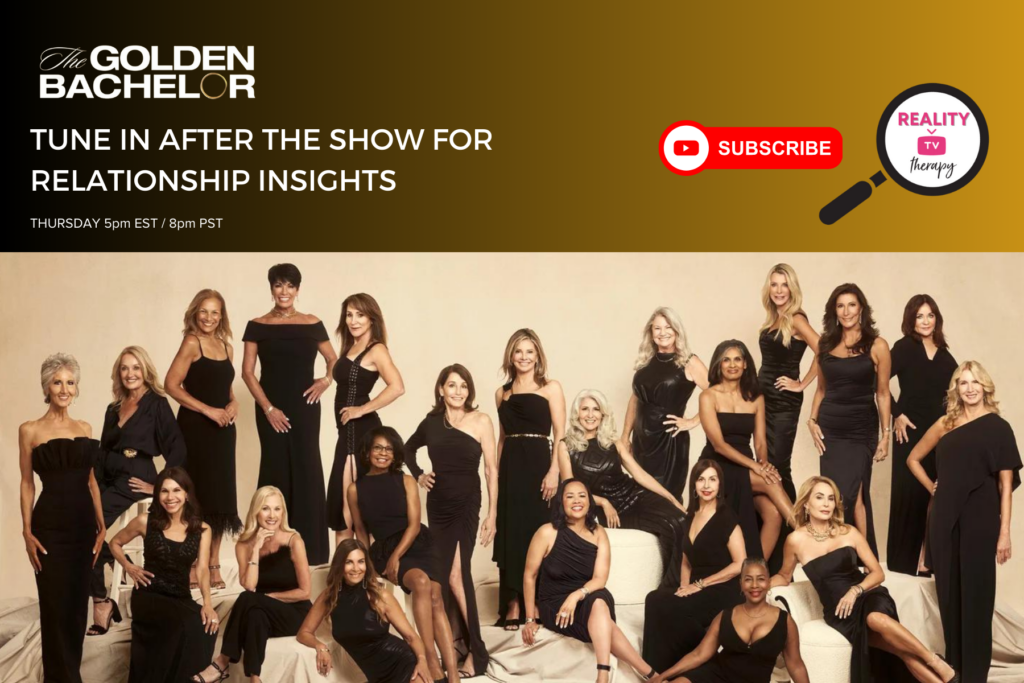In the realm of reality television, we’ve witnessed it all – from heartwrenching drama to heartwarming moments of connection. However, the latest addition to the genre, “The Golden Bachelor,” has me, as a relationship psychologist, brimming with excitement and anticipation. As I tune in to this groundbreaking show, I can’t help but feel that we are on the brink of a reality TV experience like never before.
At its core, dating remains the same – a complex dance of emotions, with its fair share of modern quirks like ghosting, breadcrumbing, and even a growing interest in polyamory. My work as a relationship psychologist has exposed me to a diverse range of clients, spanning various age groups, and their experiences mirror the evolving landscape of dating. Even among my clients in their 70s, I’ve encountered familiar challenges and trends that permeate the dating world.
So, what makes “The Golden Bachelor” different, and why am I eagerly watching it with high expectations? Let me share my insights and reasons for the excitement that bubbles within me.
>>Watching the show? Download my Golden Bachelor Bingo Card and follow along with the relationship moments and memorable events in the show. DOWNLOAD <<
1. It’s Not Just Sexy Seniors – It’s an Entirely New Show
First and foremost, “The Golden Bachelor” deserves recognition for boldly distinguishing itself from the conventional Bachelor franchise. The decision to rebrand and provide a new perspective on love and companionship among older adults is a welcome change. This isn’t merely Bachelor 2.0; it’s an entirely new and improved show that acknowledges the unique dating challenges faced by seniors.
2. Unique Dating Challenges of Dating a Widower
Having experienced the complexities of dating a widower in my personal life, I understand firsthand the challenges that come with it. This show offers an unprecedented opportunity to explore and shed light on these challenges. Dating a widower requires patience, love, and the ability to navigate through unique differences, especially when it comes to the complex relationships with their family and yours, including children and grandchildren.
3. Wisdom and Mature Challenges
Seniors bring a unique level of wisdom and life experience to the dating scene. As a relationship psychologist, I often find that their challenges and concerns differ from those of younger individuals. With adult children, financial considerations, and established lives, the dynamics of senior dating present a new set of complexities.
4. Finding Love at Any Age
One of the most significant takeaways from “The Golden Bachelor” is the reminder that love knows no age limit. Seniors, like anyone else, come with their baggage, past relationships, and the potential for self-sabotage. The human brain, irrespective of age, experiences the same chemical reactions when falling in love, with dopamine and serotonin flooding our minds, creating that exhilarating feeling.
5. Unique Insecurities and Self-Reflection
Insecurities take on a different form as we age. It’s no longer about competing with the younger generation; it’s about competing with the memory of the love of their life or reflecting on your own past experiences. Questions like “What have I done with my life?” and “Am I happy with the person I’ve become?” become more prevalent and shape the landscape of senior dating.
6. Accepting Reality and Living in the Present
Unlike younger couples who often focus on building a future together, senior couples are more likely to appreciate the present moment. With retirement, you are limited to what you have, which necessitates accepting your shared reality. It’s about embracing your commonalities and being realistic about your differences, whether it’s adjusting to physical limitations or discovering shared hobbies that resonate with your current lifestyle.
7. Embracing Life’s Shortness
Age brings with it a stark realization – life is short. This awareness prompts seniors to evaluate their relationships differently. It’s no longer about potential or what could be; it’s about cherishing what you have and determining whether the positives outweigh the negatives. It’s about asking whether you can live with your differences, whether the life you envision together is worth the journey.
In conclusion, “The Golden Bachelor” is not just another reality TV show; it’s an exploration of love and companionship in later life. As a relationship psychologist, I eagerly anticipate the insights and lessons that will emerge from this unique dating experience. The show holds the potential to dispel ageist stereotypes, offer a glimpse into the complexities of senior dating, and inspire more inclusive and empathetic approaches to counseling and therapy.
So, I’ll be watching “The Golden Bachelor” with a keen eye, ready to unravel the psychological intricacies of love, vulnerability, and authenticity among seniors. As the show continues to capture hearts and spark conversations, I can’t help but believe that we are on the cusp of witnessing a reality TV revolution that celebrates love at any age.
The Golden Bachelor
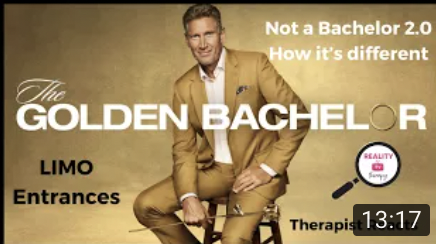
0:16
